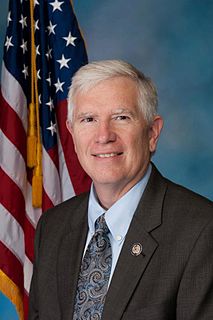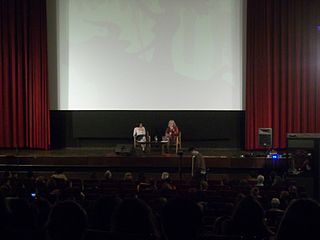A Quote by Louis D. Brandeis
It is one of the greatest economic errors to put any limitation upon production.We have not the power to produce more than there is a potential to consume.
Related Quotes
What a country wants to make it richer is never consumption, but production. Where there is the latter, we may be sure that there is no want of the former. To produce, implies that the producer de_sires to consume; why else should he give himself useless labor? He may not wish to consume what he himself produces, but his motive for producing and selling is the desire to buy. Therefore, if the producers generally produce and sell more and more, they certainly also buy more and more.
Dharma Bums refusing to subscribe to the general demand that they consume production and therefore have to work for the privilege of consuming, all that cramp they didn't really want anyway such as refrigerators, TV sets, cars, at least new fancy cars, certain hair oils and deodorants and general junk you finally always see a week later in the garbage anyway, all of them imprisoned in a system of work, produce, consume, work, produce, consume.
One of the greatest gains of capitalism is that even the proletarian slave feels like a master. He believes he has the power to change his life. We are propelled by the ideology of the self-made man: we work more, we consume more and in the end we consume ourselves. The consequences are burnout, bulimia and other lifestyle diseases.
We are not to suppose, that there is any violent exertion of power, such as is required in order to produce a great event in little time; in nature, we find no deficiency in respect of time, nor any limitation with regard to power. But time is not made to flow in vain; nor does there ever appear the exertion of superfluous power, or the manifestation of design, not calculated in wisdom to effect some general end.
THERE is scarcely any inquiry more curious, or, from its importance, more worthy of attention, than that which traces the causes which practically check the progress of wealth in different countries, and stop it, or make it proceed very slowly, while the power of production remains comparatively undiminished, or at least would furnish the means of a great and abundant increase of produce and population.
We want to see...the efficient production and use of energy, so that the products we produce and the way we produce them pose no threat to the world's natural environment...economic development...so that more and more of the world's population can enjoy...the things which the energy industry supplies...(and) a society in which ideas and knowledge move freely.
When we liberate the economic potential of women, we elevate the economic performance of communities, nations, and the world... There is a stimulative and ripple effect that kicks in when women have greater access to jobs and the economic lives of our countries: Greater political stability. Fewer military conflicts. More food. More educational opportunity for children... By harnessing the economic potential of all women, we boost opportunity for all people.
Among civilized and thriving nations, on the contrary, though a great number of people do no labor at all, many of whom consume the produce of ten times, frequently of a hundred times more labour than the greater part of those who work; yet the produce of the whole labour of the society is so great, that all are often abundantly supplied, and a workman, even of the lowest and poorest order, if he is frugal and industrious, may enjoy a greater share of the necessaries and conveniencies of life than it is possible for any savage to acquire.
God is the creativity, so if you really want to enter into the world of God you will have to learn the ways of creativity - and that has disappeared. Instead of creativity we value productivity: we talk about how to produce more. Production can give you things but cannot give you values. Production can make you rich outwardly but it will impoverish you inwardly. Production is not creation. Production is very mediocre; any stupid person can do it, one simply needs to learn the knack of it.


































